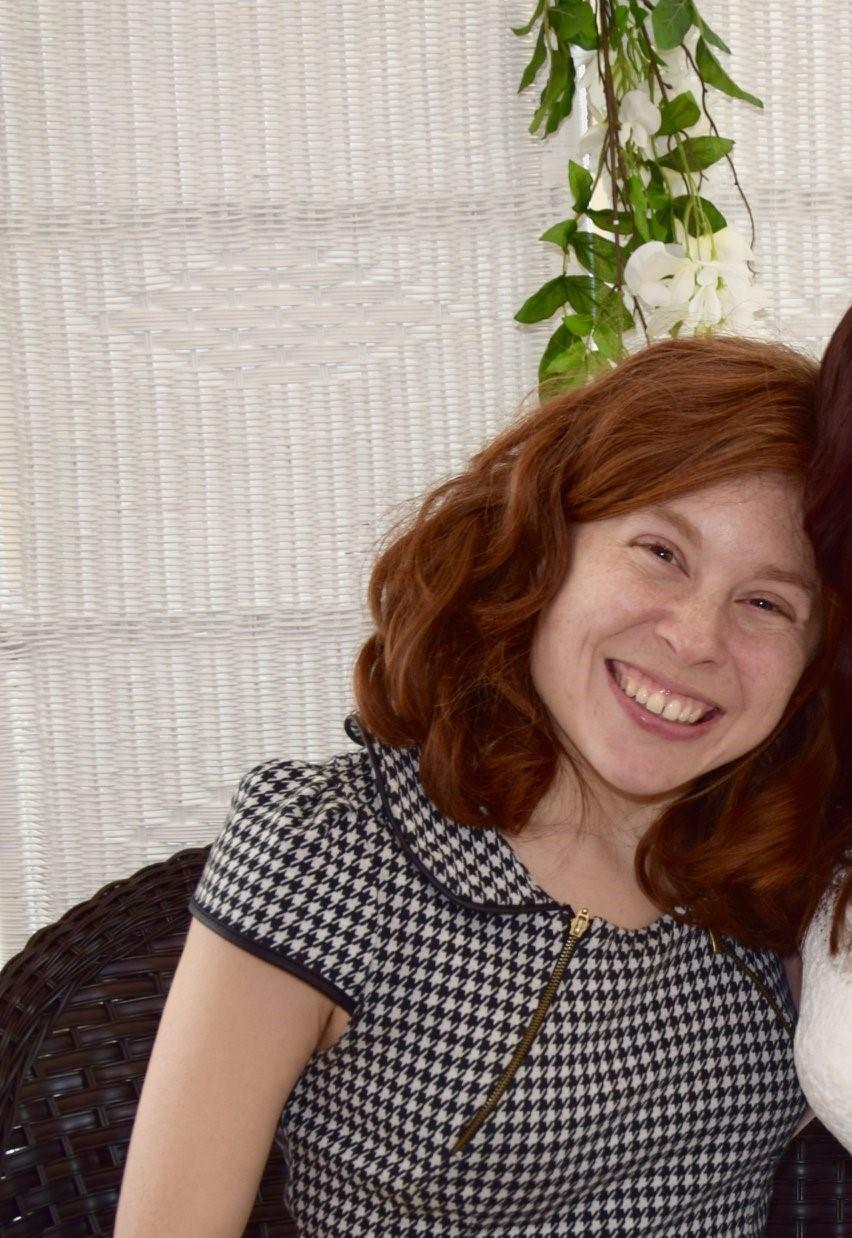How Women Are Finding Mental Health Support In Digital Communities

While studies show that social media can aggravate mental health problems, social media platforms can also be good tools to build community and support groups that promote mental health awareness.
According to a 2023 study from National Institute of Health, people spend a lot of time online and social media can present information in a digestible way, especially since people seem to prefer audiovisual content to written content.
Here’s how people can find support on social media for mental health for burnout, disease support and more.
Support For Mental Health Workers
Digital communities can be important for the well-being of mental health workers who spend so much time caring for others. The Instagram account @therapist.to.therapists, run by licensed marriage and family therapist Asia Ewell, has over 118,000 followers and creates content for other therapists.
She not only shares educational resources such as Continuing Educational Units (CEUs) and job postings but also monthly therapist support groups, which therapists can access by becoming members of her online community “The Therapist Connection.”

She created @therapists.to.therapists because she experienced burnout in her work and she wanted to create a community, so other therapists realized that burnout does not make them bad therapists.
“Struggling with my own mental health doesn’t make me a bad therapist – it makes me an authentic, deeply empathetic one,” Asia says in a post. She wants to make sure that other therapists feel supported as they care for others and she uses her social media not only on Instagram, but also X, Facebook, Threads and The Therapist Connection.
“This is why I created this space and now The Therapist Connection – so no therapist has to go through this alone,” Asia said.
Building Online Mental Health Communities Through Spreading Awareness
Jenna Grunvald, a social worker who follows the therapist.to.therapists account said she finds valuable support through social media accounts that support mental health workers.
“Reposting affirmations and therapeutic resources is a way to offer solidarity but still be a quiet observer,” Jenna said.
Jenna said she hopes that reposting will help her spread the word about online mental health resources and that others can find support through that.
“My hope is that a lot of my links can be clicked to the source and that others can learn what the communities are offering,” Jenna said.
Using Social Media For Disease Awareness And Support
Online communities can also be good for support when struggling with an illness and the emotional and psychological stress that goes along with it.
When Allison Saba-Schmehl was diagnosed with uterine fibroids in 2019, she felt that the Facebook account Uterine Fibroids: Removal Support group, which has 46,000 followers, helped her through her surgery and helped her feel less alone as she navigated her symptoms.
“It helped me feel seen and understood, and also like grateful for the things I do have,” Allison said.
The group gave a platform for uterine fibroid patients to have peer-to-peer exchanges and share stories with each other.
“It was helpful to hear other stories and help them too with my own stories,” Allison said.
Limitations Of Social Media Support Groups

As helpful as Allison found the group, she said she sometimes felt that people would post things to the group that were more personal than she was comfortable with.
“An aspect I didn’t always enjoy from the support group was seeing people’s fibroid pictures,” she said.
However, she understands how hard it can be to figure out how to allow people to express themselves without triggering disturbing other group members.
“After all, how do you decide what gets filtered and what doesn’t?” Allison said.
In addition to providing community, mental health social media accounts can also move the needle on mental healthcare in general. Digital platforms can not only make information and resources more accessible, but can also help with early detection and even treatment of mental health disorders.






